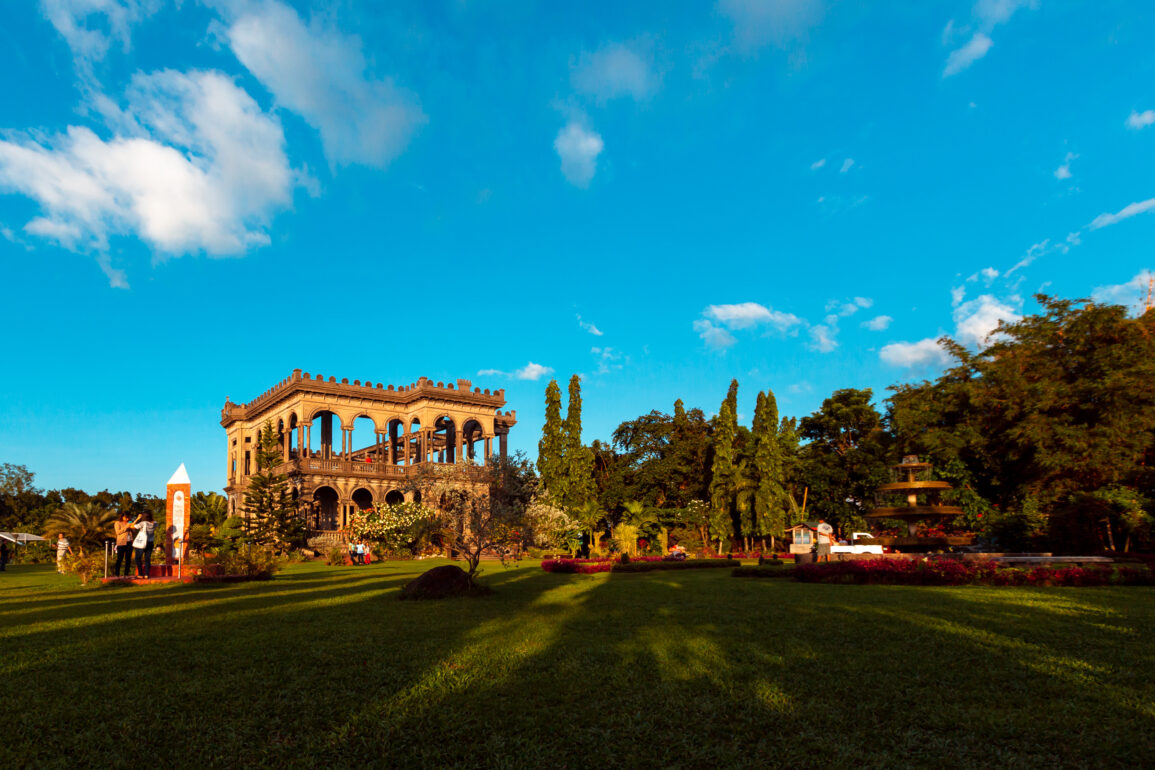Amid the undulating sugar cane fields that drape Bacolod’s landscape, Terra Madre Visayas connects food, culture, and biodiversity.
Bacolod, often celebrated as the City of Smiles, exudes a charm that extends far beyond its sugarcane-laden fields and vibrant MassKara Festival. Here, tradition gracefully intertwines with innovation, creating a culinary tapestry that captivates the senses.
At the epicenter of this gastronomic fusion is Slow Food, a global grassroots movement established in 1989. Comprising local groups and individuals, Slow Food is on a mission to preserve endangered food cultures, counteract the frenetic pace of modern life, reignite curiosity about the origins of our food, and illuminate the profound impact of our culinary choices.
Awakening slow consumption
The Slow Food ethos unfolded like a manifesto against the backdrop of Negrense delicacies at Casa Gamboa, where we were warmly welcomed by Renee Gamboa, president of the Slow Food Community of Negros Island.
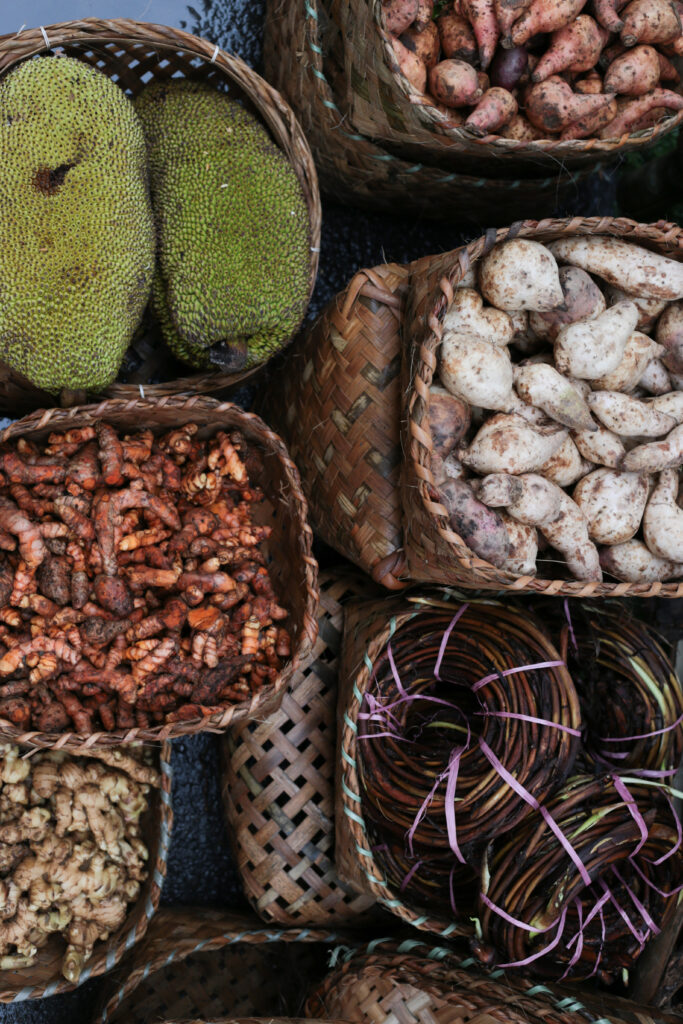
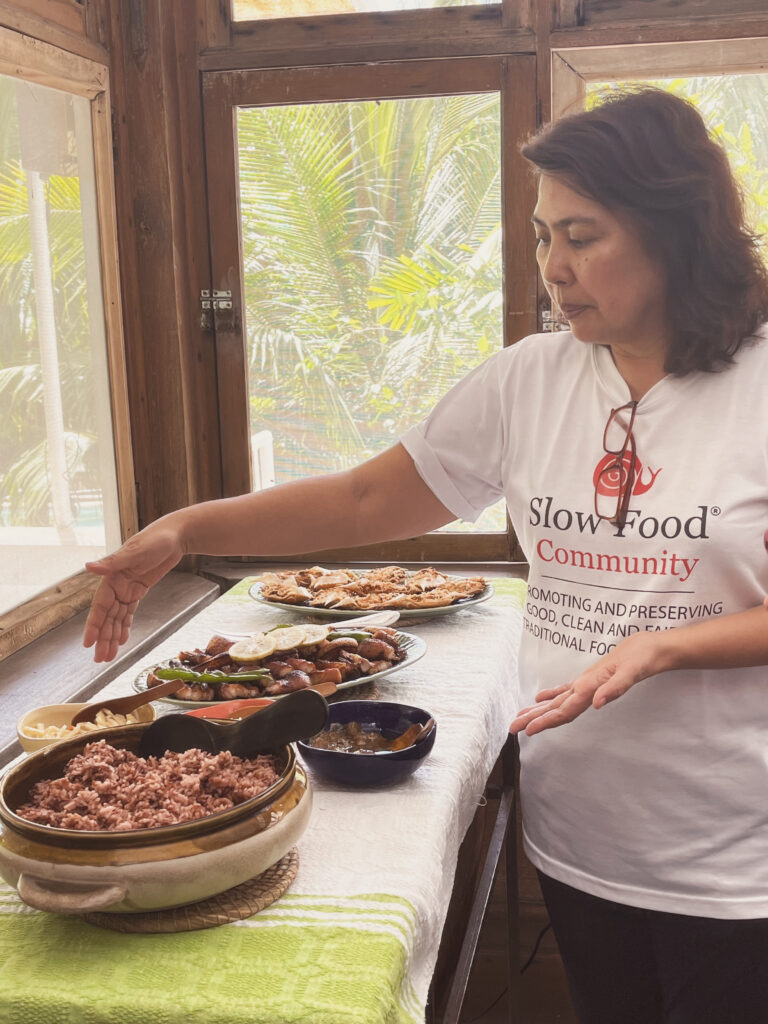
Sharing the table was Elena Aniere, Slow Food International’s Director for Asia and the Pacific, who urged us to scrutinize our food choices. “We encourage people to actively seek out food that is good, clean, and fair,” she emphasized. “As demand for such products grows, it fosters a collaborative relationship between producers and consumers.”
In the midst of our conversation, Aniere echoed Slow Food’s belief that food is intricately linked to culture, education, politics, agriculture, and the environment.
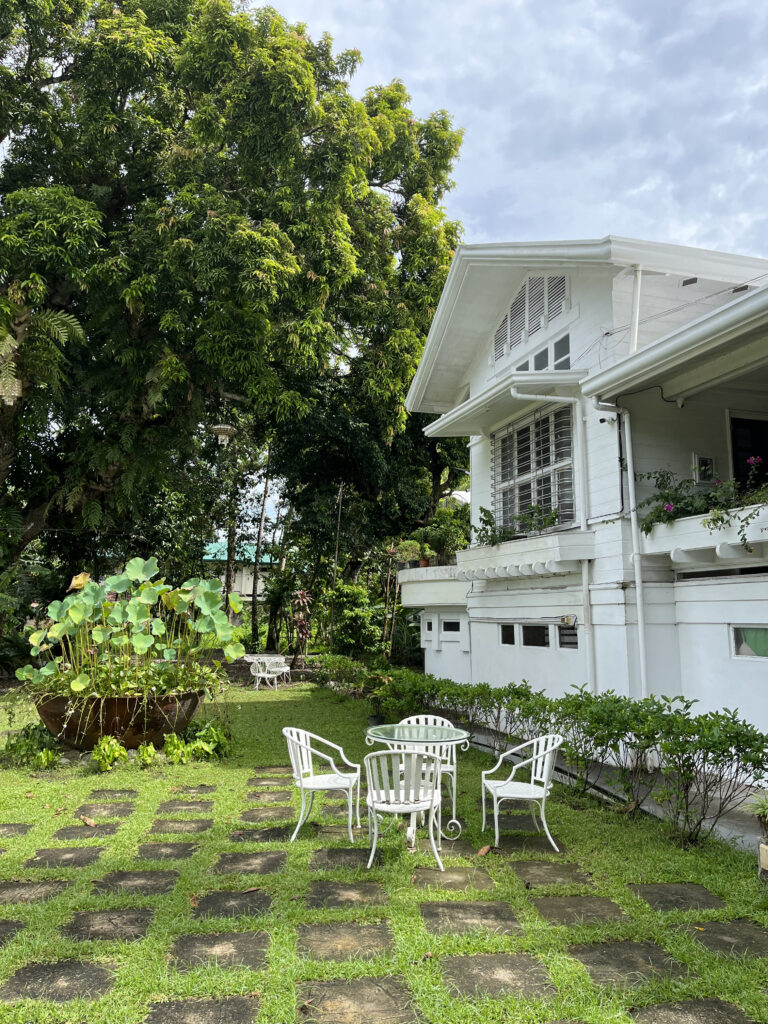
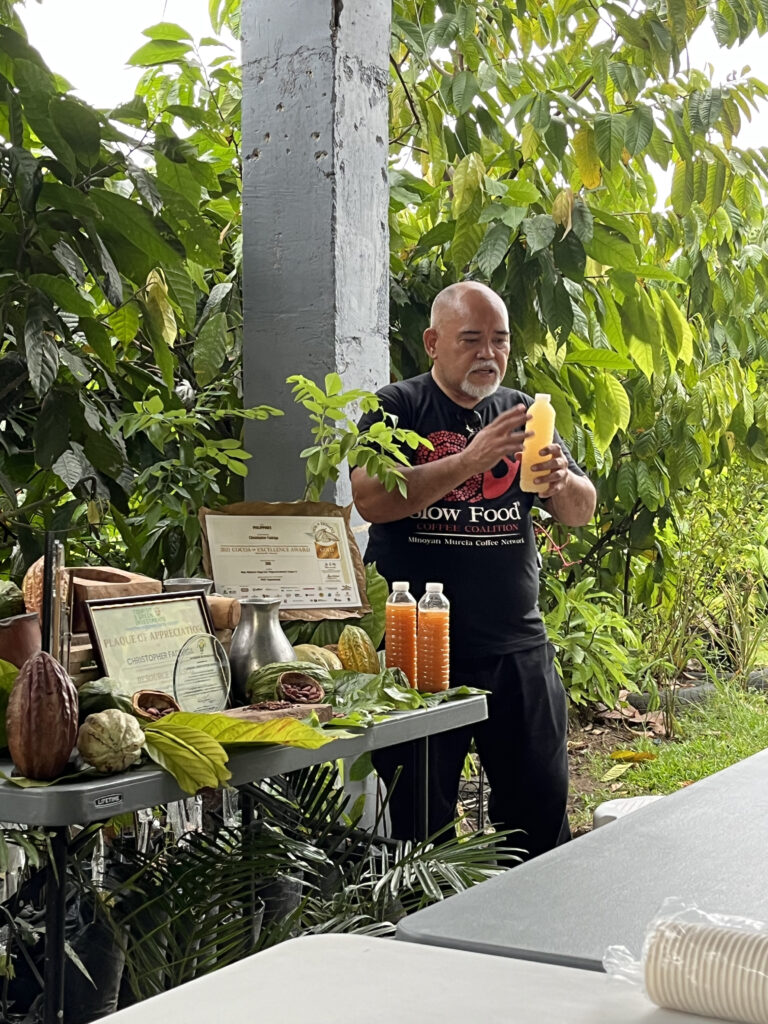
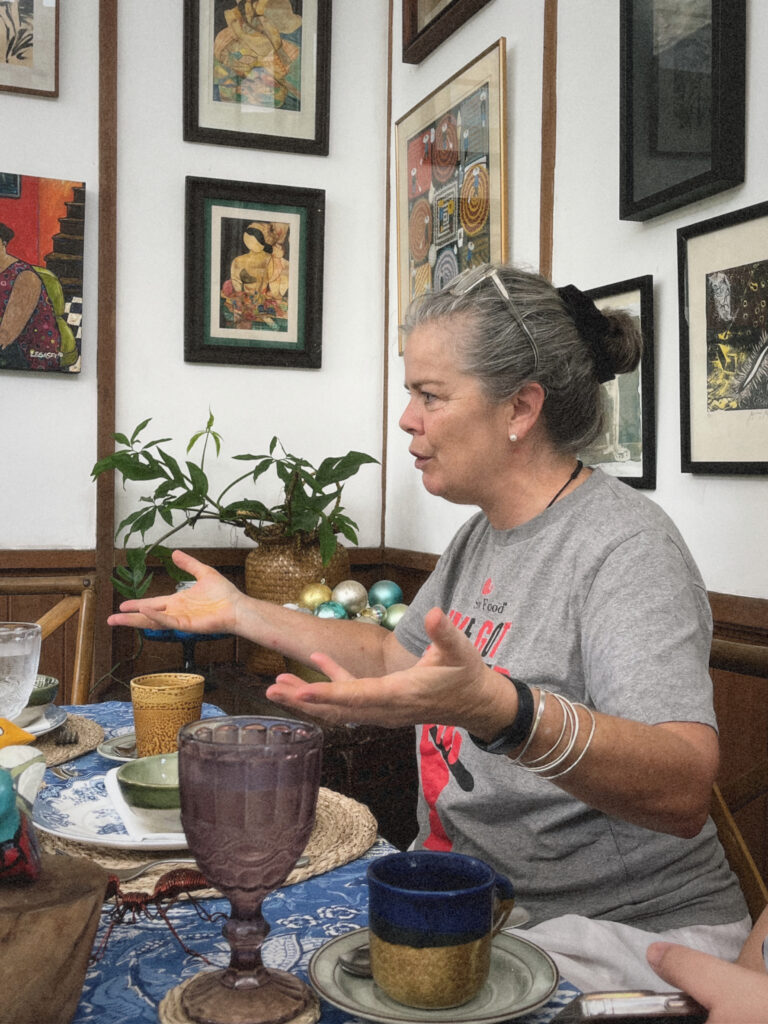
Not only acclaimed as the hub of organic cuisine, Bacolod is also home to Chris Fadriga’s cacao farm. During our visit, Fadriga showcased his meticulous cultivation of live Criollo cacao trees sourced from various Philippine regions. The sensory experience included savoring fresh cacao fruit, artisan chocolates, and the local delicacy ‘tuba.’ The journey concluded at Lanai, where Ramon “Chinchin” Uy Jr., Slow Food International Councilor for Southeast Asia, curated a special tasting course complemented by cocktails crafted by Kalel Demetrio.
“We encourage people to actively seek out food that is good, clean, and fair,”
Elena Aniere, Slow Food International’s Director for Asia and the Pacific
Slow Food International Director General Paolo di Croce said, “We lack a true understanding of the actual cost of food. Therefore, we emphasize the importance of awareness and information,” during the dinner as we flocked to him with questions. “The significant challenge we face is making people conscious of what they consume and encouraging them to believe that it’s feasible to enjoy a mindful approach,” he added.
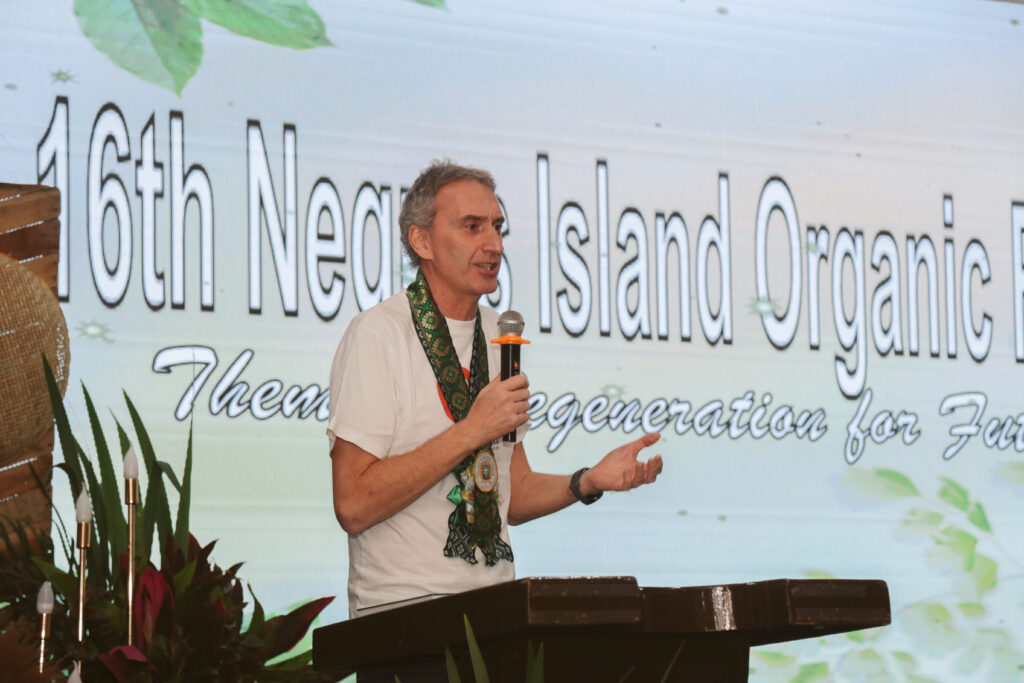
Di Croce further stressed the need for a new generation capable of influencing change through individual choices. “Through simple daily choices, each of us can contribute to creating a better situation for ourselves, the planet, and others,” he affirmed.
Catalysts for change
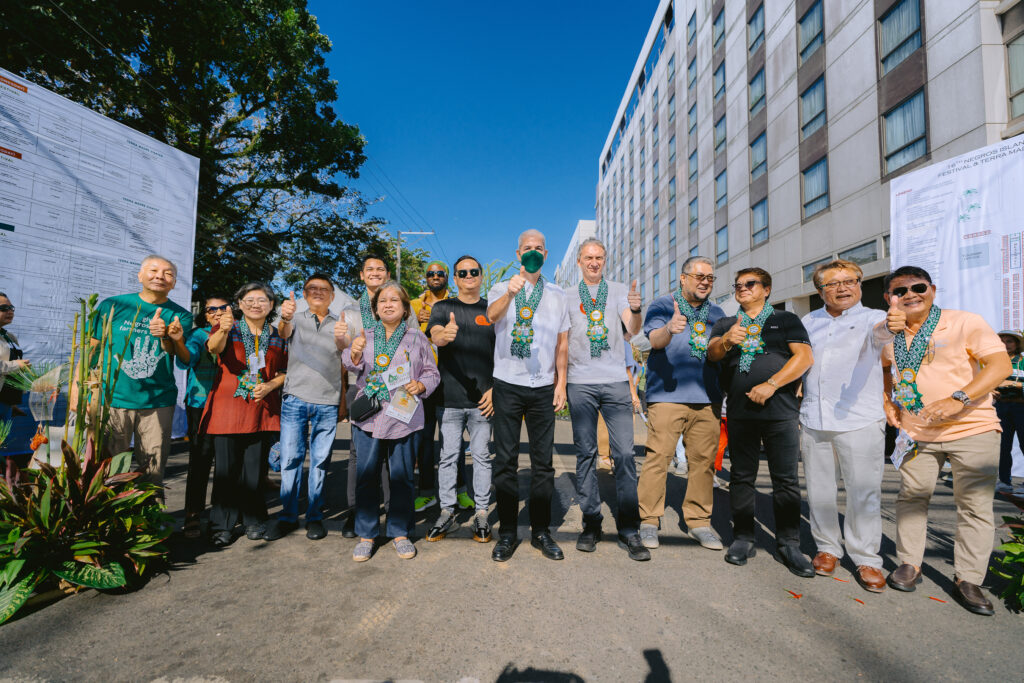
At the Terra Madre Visayas festival grounds, the event united food communities, academia, youth delegates, and stakeholders to advocate for small-scale, traditional, and sustainable food production. The event also coincided with the Negros Island Organic Farmers Festival, a project initiated by the provinces of Negros Occidental and Negros Oriental, standing as the longest-running organic festival in the Philippines and Asia.
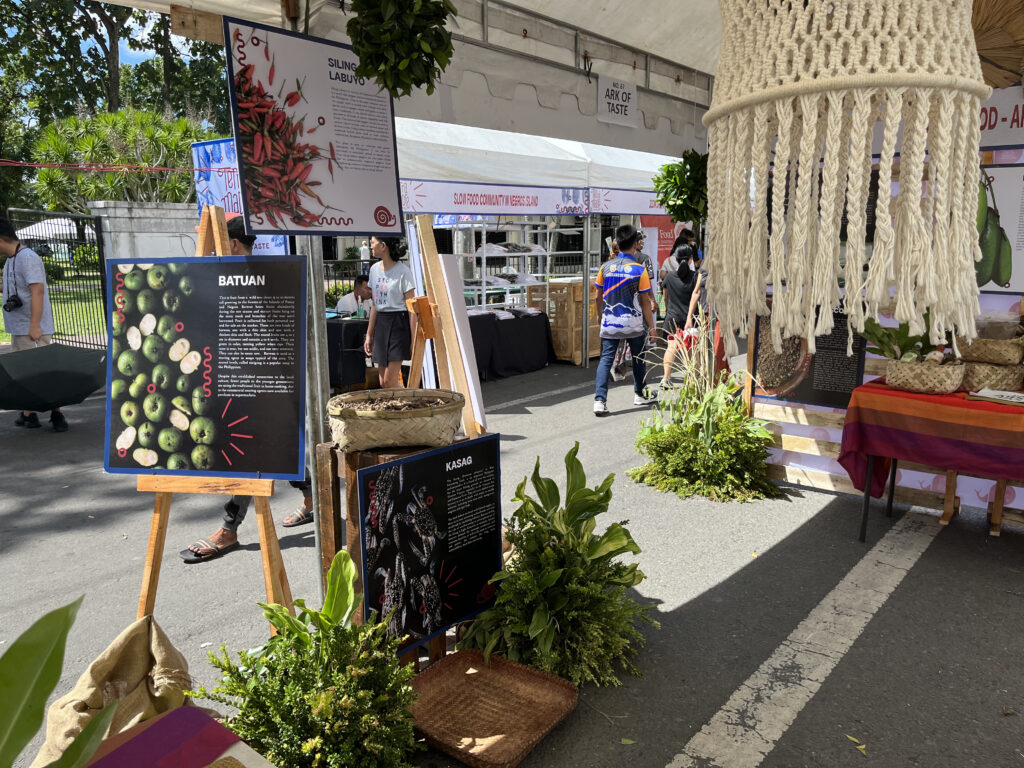
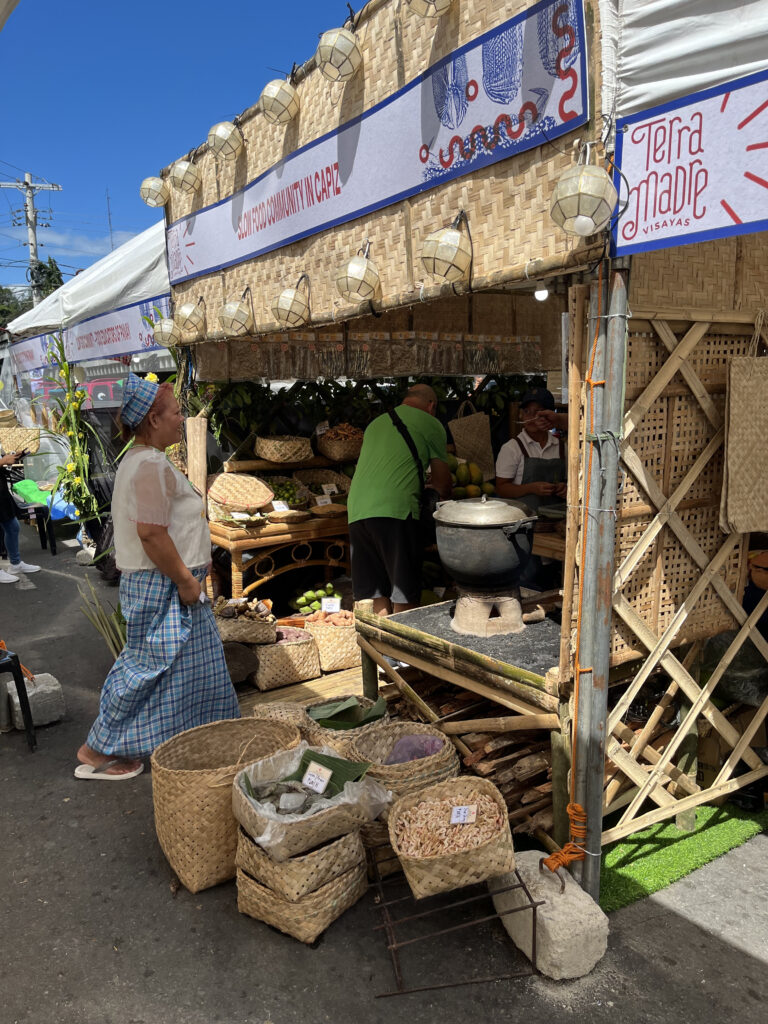
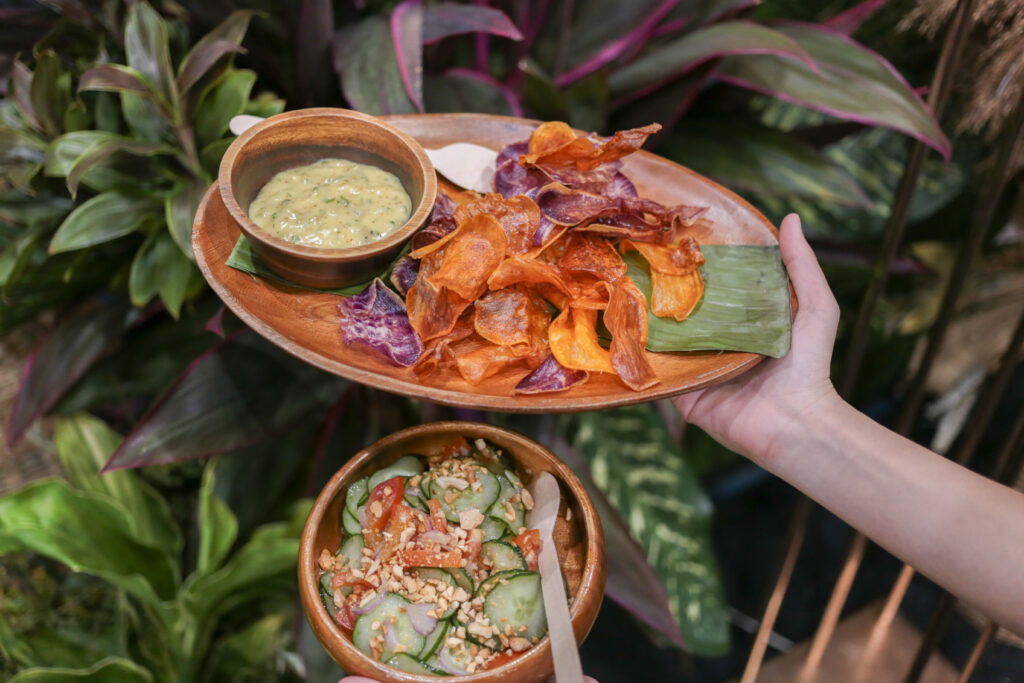
“We have over 10,000 organic farmers at Terra Madre, occupying 150 booths. These farmers, engaged in organic cultivation, oversee 18,000 hectares of organic land, constituting more than 5% of Bacolod’s total land area, which is 200,000 hectares,” shared Uy Jr.
The inaugural Terra Madre Visayas event emerged through collaboration among the Slow Food Community of Negros, Senate President Pro Tempore Loren Legarda, Slow Food International, the National Commission for Culture and the Arts, the Department of Tourism, and the Provincial Government of Negros Occidental.
If you remain silent, nothing will change in our food system. However, if you demand quality, clean, and fair food from our government and producers, farmers will respond,”
Ramon “Chinchin” Uy Jr., Slow Food International Councilor for Southeast Asia
The central theme, “Visayas: Food and Culture Biodiversity,” underscores the festival’s dedication to eco-friendly farming practices and envisions the future of our food systems and planet. “Everyone is part of it because we all consume food. If you remain silent, nothing will change in our food system. However, if you demand quality, clean, and fair food from our government and producers, farmers will respond,” emphasized Uy Jr.
Beyond the plate and palates
Our food choices wield collective influence over the cultivation, production, distribution, and consumption processes, leading to significant and positive transformations. “The Negros Island Organic Farmers Festival and Terra Madre Visayas will act as catalysts for change, uniting individuals and communities in the pursuit of a more sustainable and environmentally conscious future, ensuring a legacy of regeneration for generations to come,” emphasized Uy Jr.
“This is just the beginning. In two years, we’ll host Slow Food Philippines, and by 2027, our aim is Slow Food Terra Madre Asia and the Pacific. That’s the plan,” declared Uy Jr. optimistically.
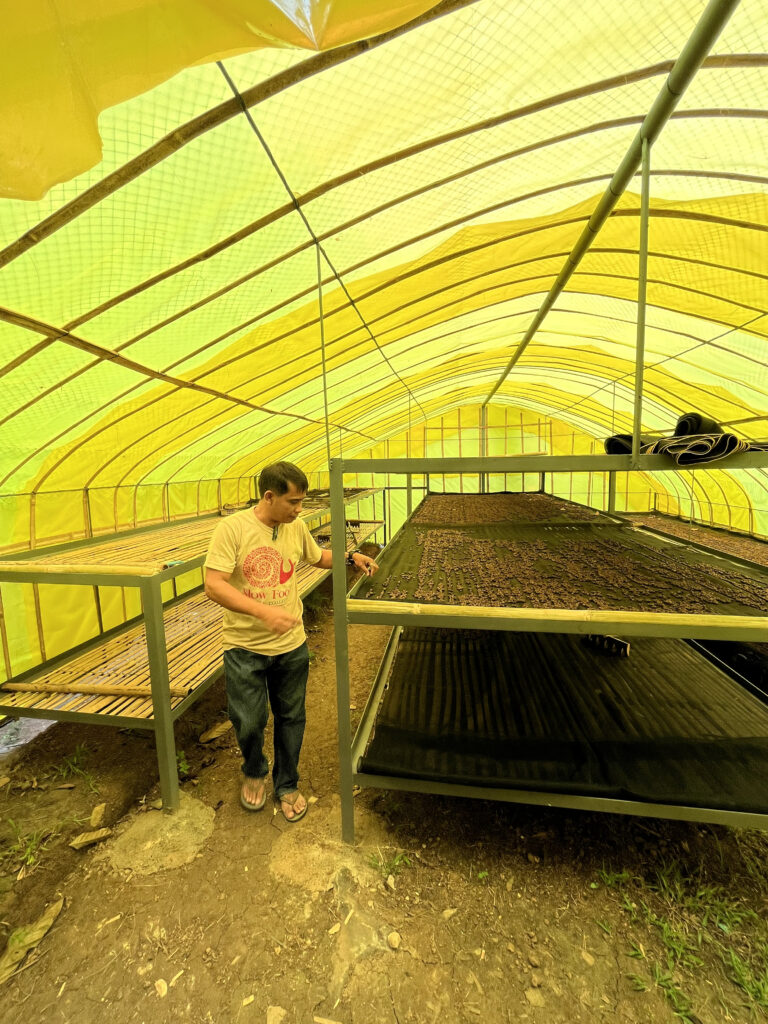


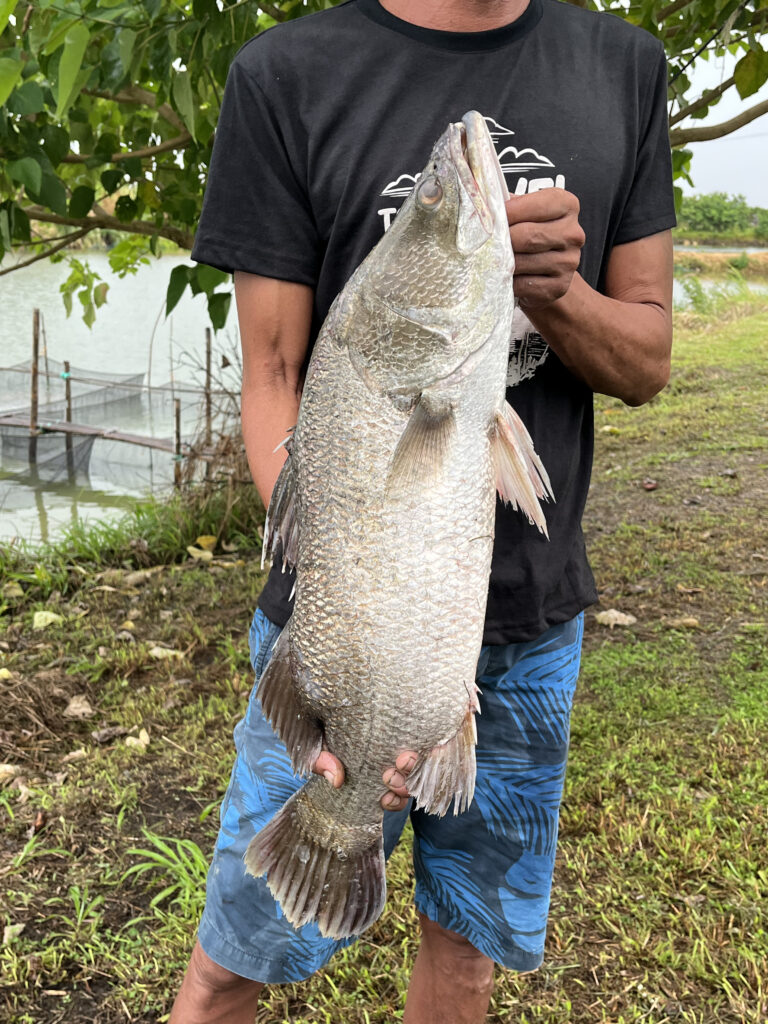


On the concluding day, a trek through Sugar Valley farm provided insights into coffee production, and discussions with Kiko Torno of 7 Hectares explored sustainable fish farming, showcasing how Slow Food extends beyond the plate.
Leaving Bacolod, we didn’t just carry the flavors of its cuisine; we embraced a profound appreciation for the Slow Food Movement—an invitation to savor, celebrate, and safeguard our culinary heritage for generations to come.
Header Photo by Joseph Oropel

